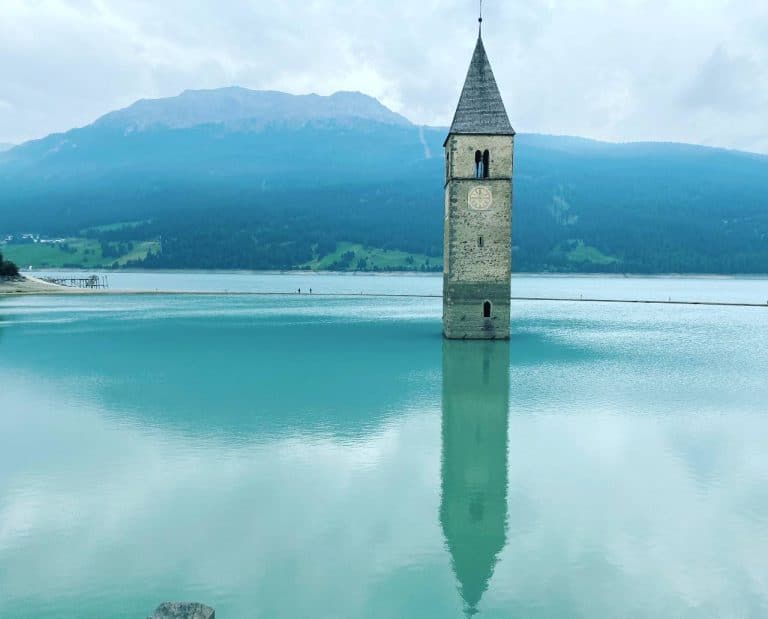7 Things you did not know were illegal in Italy
You’re planning your first trip to Italy, or maybe you’ve been here before, but I’m sure you weren’t aware of some of these important things. If you don’t want to risk being fined on vacation, read until the end!
Italy is a great destination, a place you will want to explore and enjoy at your own pace. However, who wants to end up spending more than expected? You don’t want to go home and two months later receive a fine you weren’t even aware of!
We spent a lot of time exploring Italy, from the south to the north, and everywhere in between. We have even paid some fines and are here to help you avoid the same mistakes we made.
Recently, we relocated to Tuscany. If you are planning a trip to the region, you can find all our valuable resources here.
But first things first. Let’s examine the things you may not know are illegal in Italy.
This post contains affiliate links. Read more about it on our disclosure page here.
Table of Contents
- Things you may not know are illegal in Italy
- No open shoes on the paths of the Cinque Terre National Park
- Eating or drinking near major landmarks
- Some cities prohibit smoking in certain areas
- Dress codes for religious sites
- Bathing in public fountains is prohibited
- Sand removal from certain beaches is fined
- ZTL (Zona Traffico Limitato) & limited time parking
Things you may not know are illegal in Italy
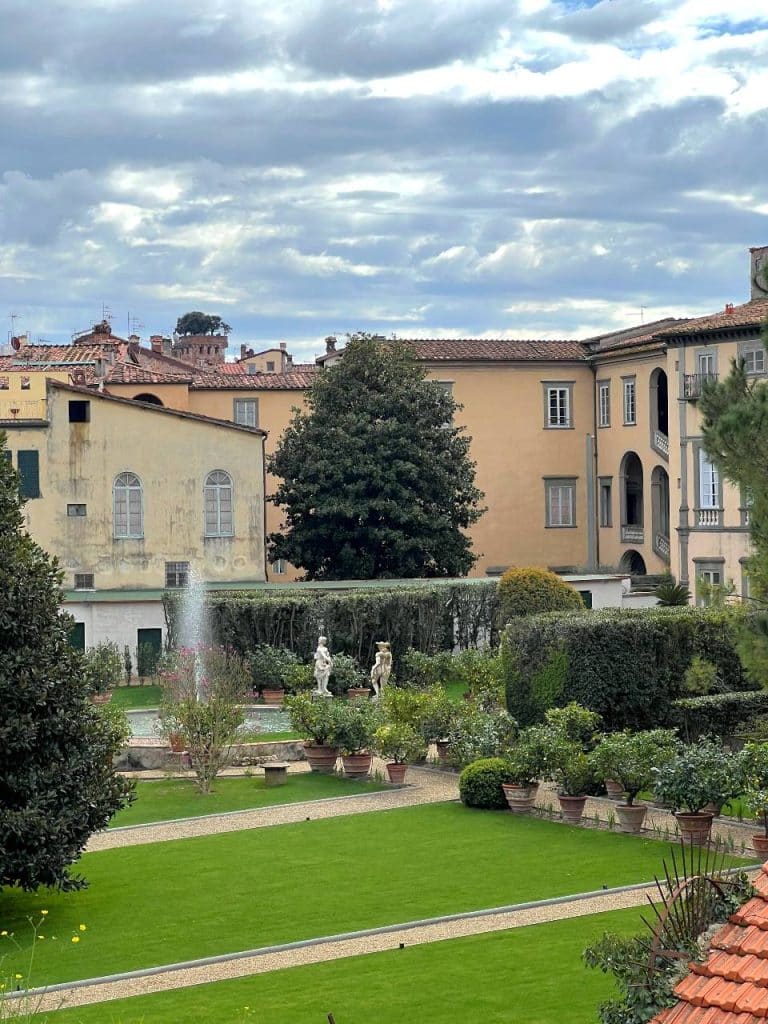
No open shoes on the paths of the Cinque Terre National Park

If you are planning to go hiking in the Cinque Terre, you must know what type of shoes to pack.
Inappropriate footwear can set a would-be hiker back a fine of 50 to 2,500 euros. Thus, you must wear closed shoes with sculpted and non-slip soles.
Also, you must be aware that the most popular paths will be one-way. And for some (such as the Via dell’Amore), you will need a previous booking (during the peak season).
Moreover, if you plan to go hiking in the Cinque Terre, you must have the Cinque Terre Trekking Card.
Eating or drinking near major landmarks
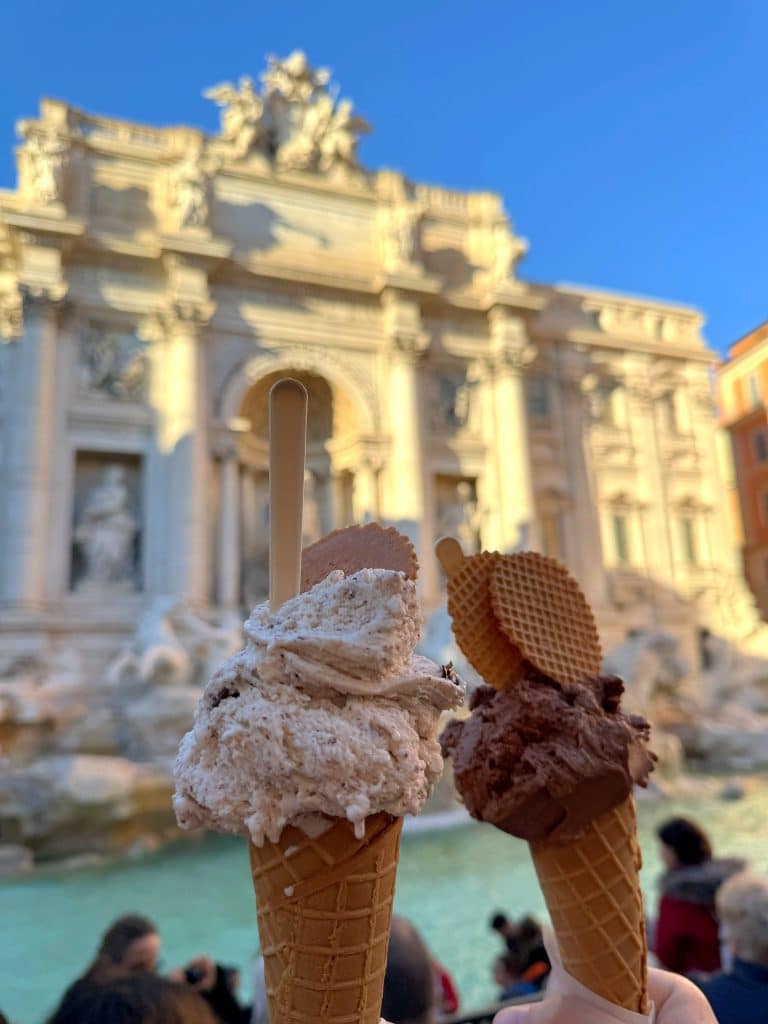
Many historic cities like Rome, Florence, and Venice have strict regulations that prohibit eating and drinking near famous monuments, churches, fountains, and steps (e.g., the Spanish Steps in Rome).
Violating these rules can result in fines (sometimes over €200).
Also, sitting on or leaning against historic statues, steps, or ledges to eat is often banned.
Some cities prohibit smoking in certain areas
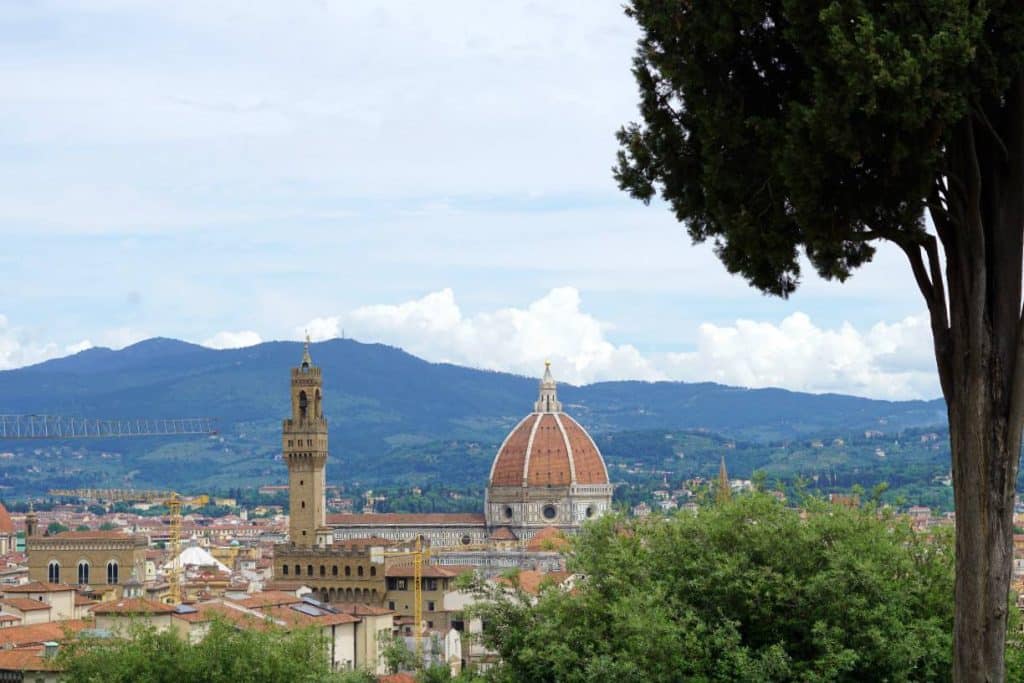
From 2025, cities such as Milan and Florence have prohibited smoking in certain areas around town.
For example, there should be no more smoking in Florence, at bus and tram stops, in cemeteries, and dog areas.
In Milan, the smoking ban was already provided for in Article 9 of the Air Quality Regulation, in force since 2021 but only in some specific areas, such as public transport stops, parks, green areas, and areas near schools.
From 1 January 2025, it has been extended to all outdoor public places in the Municipality of Milan.
Turin prohibits smoking outdoors if within 5 meters of another person, especially in the presence of children or pregnant women.
Dress codes for religious sites
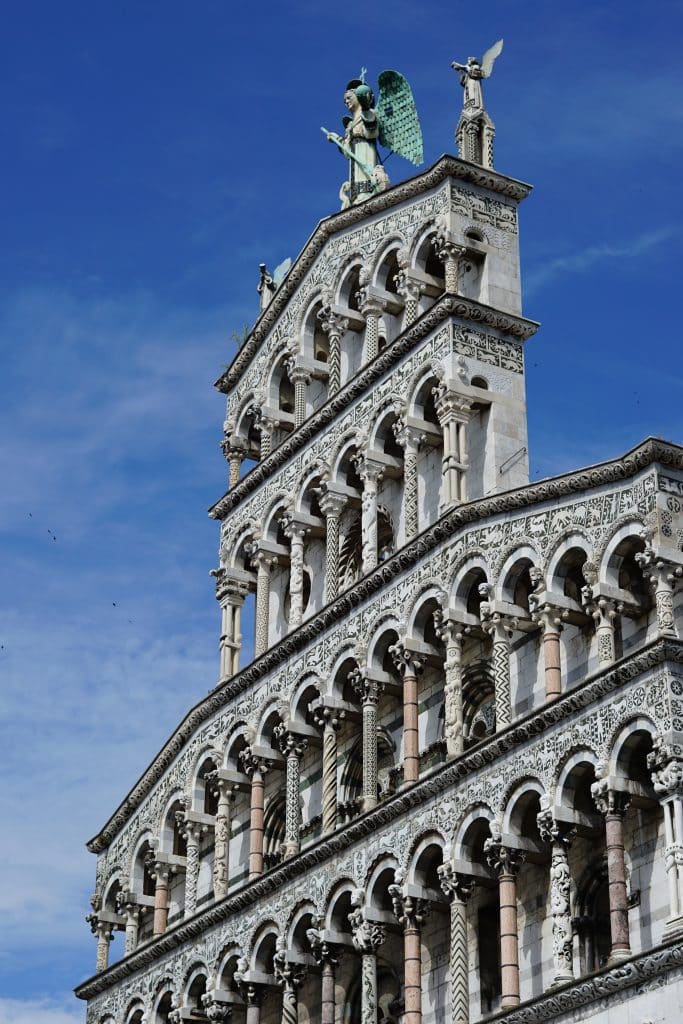
When visiting religious sites in Italy, such as churches, basilicas, cathedrals, and monasteries, it is important to follow modest dress codes out of respect for cultural and religious traditions.
Most importantly, women and men must cover their shoulders. Also, you should cover your knees – wear pants, long skirts, or knee-length dresses.
At major religious landmarks like St. Peter’s Basilica in Vatican City, Duomo di Milano, or Florence Cathedral, guards actively enforce the dress code. They will turn people away if they’re inappropriately dressed.
Bathing in public fountains is prohibited
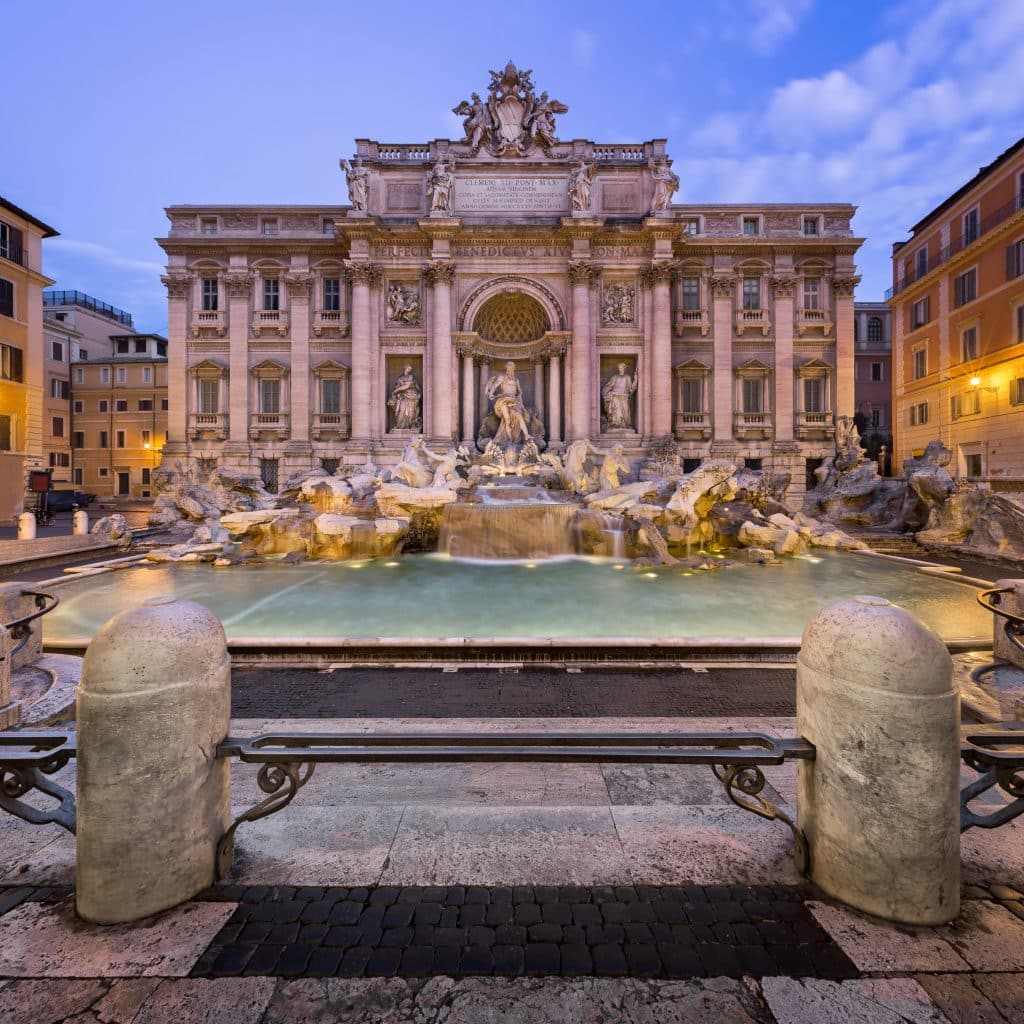
Bathing, wading, or even dipping your feet in public fountains in Italy, especially in Rome, is strictly prohibited and subject to significant fines. These rules are enforced to protect the country’s historic and artistic heritage.
Rome imposes fines ranging from €160 to €450 for entering the waters of its historic fountains. This includes actions like splashing, swimming, or sitting on the fountain edges
It is also worth noting that Italian fountains are not merely decorative; they are considered works of art and hold significant historical importance.
Sand removal from certain beaches is fined
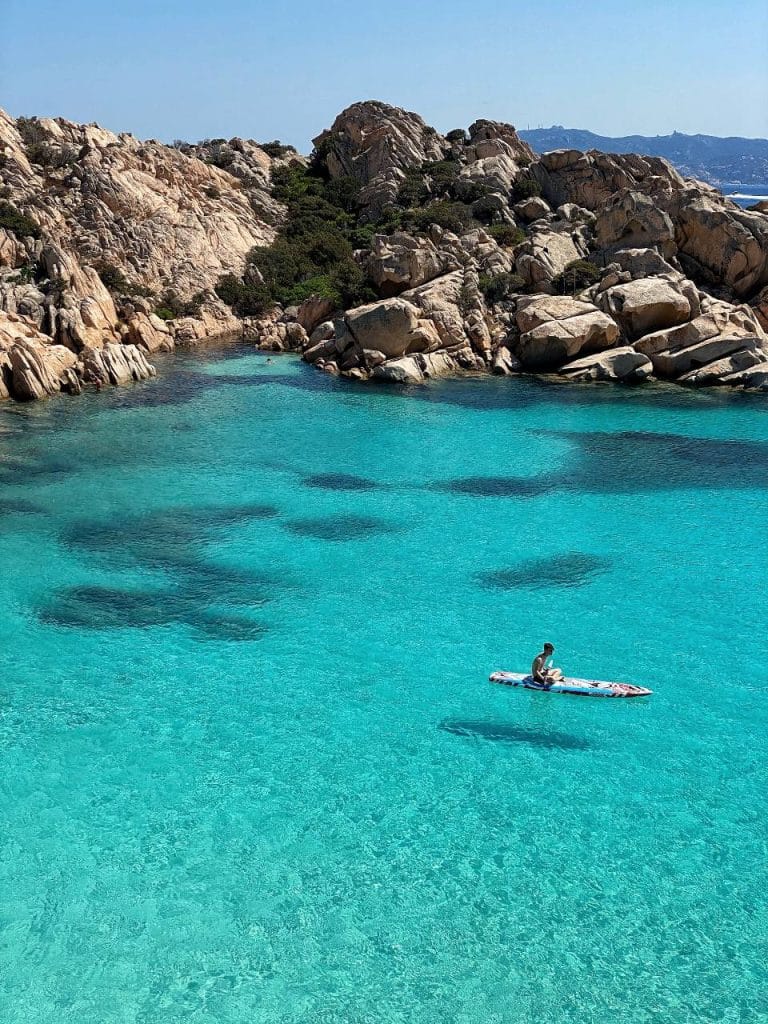
Taking sand, shells, or stones from Sardinia’s beaches is illegal and subject to substantial penalties.
Individuals caught removing sand, pebbles, shells, or stones from Sardinia’s coastline can face fines ranging from €500 to €3,000.
Don’t think you won’t get caught, because authorities actively enforce these regulations, particularly at airports and ferry terminals. Customs officers conduct routine inspections and have confiscated numerous items, including sand-filled bottles and bags of pebbles.
The removal of sand and other natural materials from beaches disrupts local ecosystems and contributes to erosion. Environmental groups estimate that several tons of sand are extracted from Sardinia’s beaches annually, posing a threat to the island’s natural heritage.
ZTL (Zona Traffico Limitato) & limited time parking
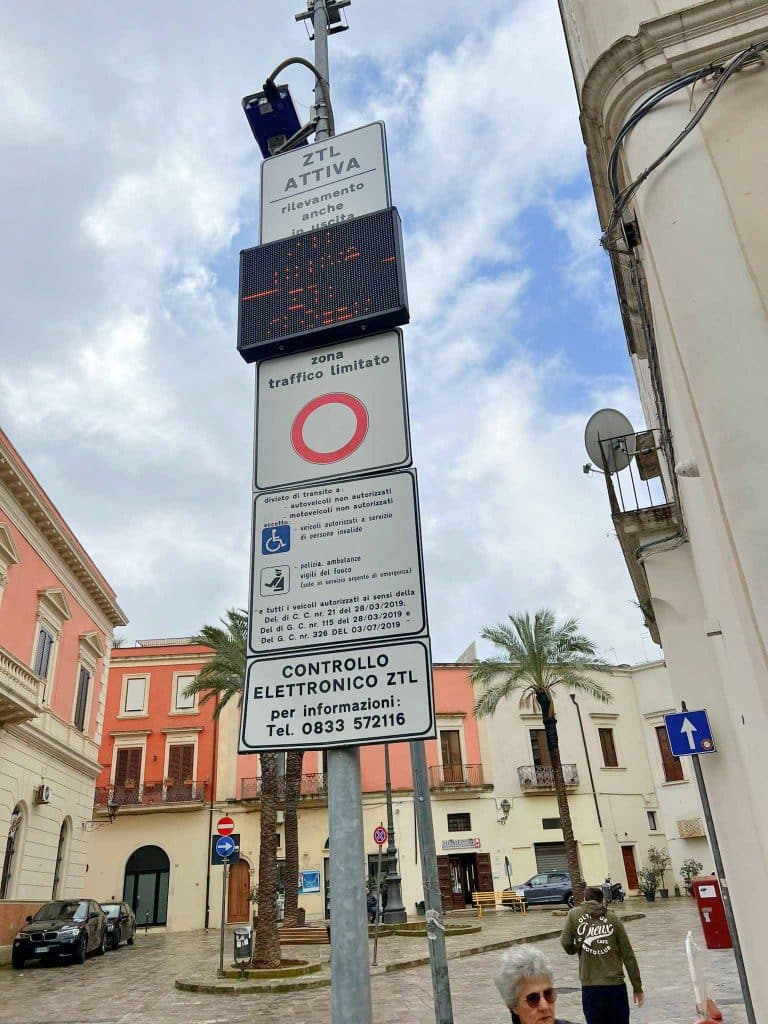
The ZTL (Zona a Traffico Limitato), or Limited Traffic Zone, is a restricted traffic area found in many Italian cities, particularly in historic centers such as Rome, Florence, Milan, and Bologna.
It’s one of the most common ways tourists unknowingly get fined in Italy.
ZTL is a designated zone where access by motor vehicles is restricted to reduce congestion, pollution, and damage to historic areas.
During the active hours, only residents, emergency vehicles, public transport, and permitted vehicles can enter the area.
If you drive into a ZTL during restricted hours without a permit, a fine of €80–€100+ is automatically issued based on your license plate. That means you can get the fine from your rental company even a few months after coming back from vacation.
Extra tip: When parking in a white area, make sure the parking time is not limited. We got fined because we parked in an area where the parking time was limited to 1 hour. Even though parking there was free of charge.
How many of these were you aware of?




